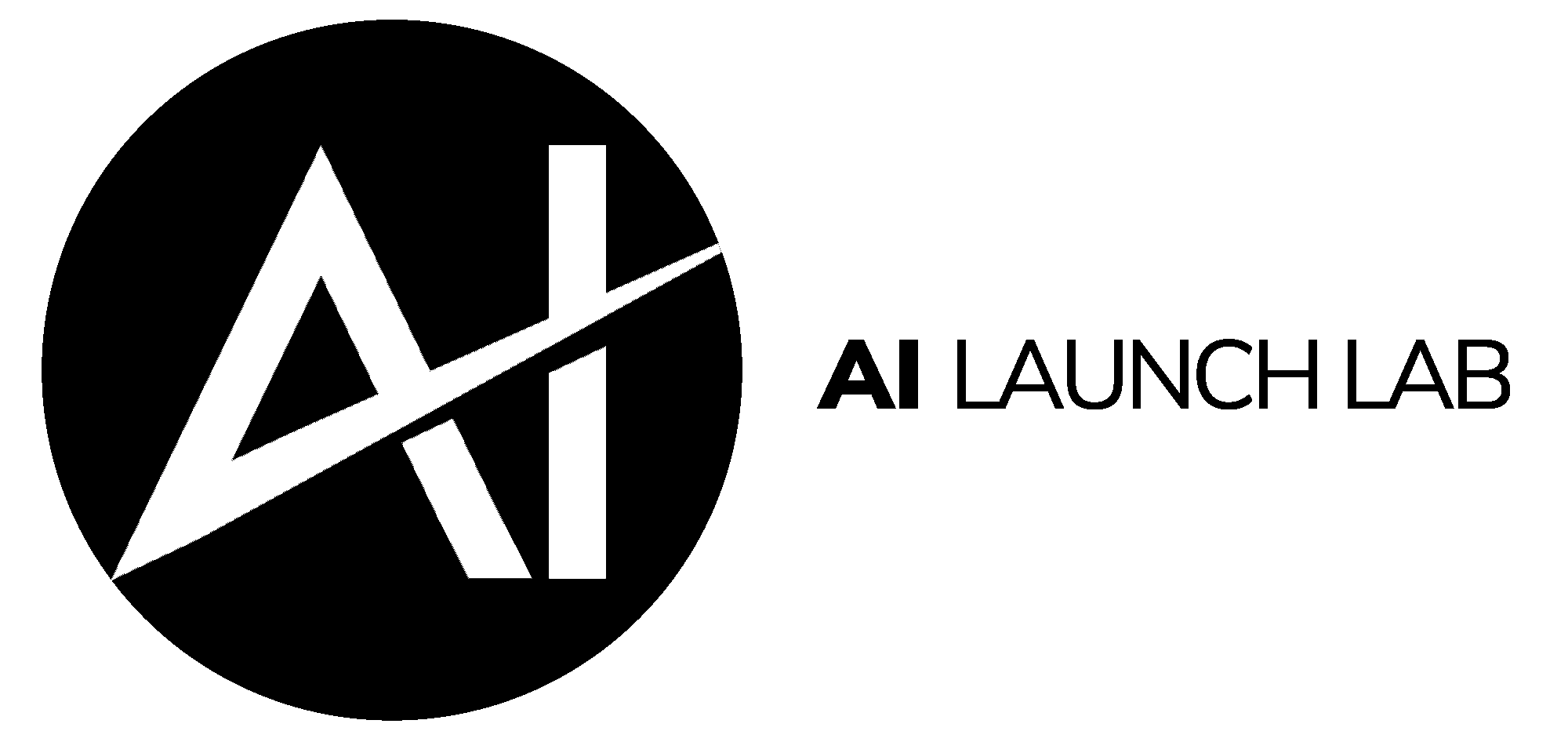2020 Summer AI R&D Program
In light of the COVID-19 pandemic, AI Launch Lab went fully online through video call sessions and was open to applicants globally.

“During crises such as the one being faced today, It is even more important to attain valued skills and experience in order to have the best shot in a difficult economic environment.”
We are fortunate to have 3 exciting projects in collaboration with V1 Studio during this summer’s program. V1 Studio invents, builds and launches startups with global ambitions. They team up with leading corporations in order to unleash Canada’s next generation of tech entrepreneurs to solve market problems that matter.
Program Timeline

AI Projects



AI Launch Lab challenge
Financial Literacy Teacher: through a conversational AI platform, our goal is to teach children the importance and value of money.
We believe financial literacy is an essential life skill, and that teaching children how to manage money will help them throughout their lives. Through a conversational AI platform, our goal is to teach children (starting at the age of 8) the importance and value of money. The AI chatbot serves three purposes:
1. Explains the performance of children’s spending behaviour and patterns in an easy-to-understand way
2. Helps children how to set savings goals and work towards them
3. Provides custom recommendations on how to better manage their money
Success after 3 weeks: Functional Chatbot
Success after 8 weeks: Educational chatbot: can tell the user how to save money and insights on their spending patterns (above vs below budget).
We are thrilled that this project will be part of the Fintech Cadence Formathon, Canada’s biggest fintech competition. The Formathon is a 3 week open-innovation competition where you build a fintech startup or work on a research project.
This project will be supported by AI Launch Lab team member and PhD candidate in Mathematics, Elham, in addition to V1 Studio’s data scientist, Behzad.
Winning teams in this project will be given the opportunity to continue on researching, or building prototypes and proof of concepts for 5 more weeks with Saturday sessions with 15-20 hours of support from experts with the possible opportunity to create a startup already supported by major partners.
AI R&D Program
Virtual Medical Assistant:
preventing burnout among physicians by automating the health record documentation process with speech and voice-recognition technology.
As the healthcare system faces mounting pressures from the pandemic, healthcare workers on the frontline are increasingly vulnerable to burnout. Not only does burnout harm the healthcare worker’s wellbeing, it results in increased medical errors, increased risk of malpractice, reduced patient satisfaction and quality of care and patient outcomes.
Physicians face daily challenges in providing care to their patients, and burnout may be from increased stress levels in overworked physicians. Additionally, the healthcare system mandates physicians to keep a meticulous record of their physician-patient encounters along with clerical responsibilities. Physicians are not well-trained in managing clerical duties, and this might shift their focus from solely caring for their patients. Physicians who used electronic health records (EHRs) and computerized physician order entry (CPOE) were less satisfied with the time spent on clerical work and were at increased risk of professional exhaustion.
Our goal is to provide easy-to-use tools to reduce the burden off of the doctors’ shoulders while ensuring safety through this hands-free approach.
Success after 3 weeks: Elementary voice-to-text function.
Success after 8 weeks: Advanced voice-to-text function and transforming text to the structural fields of the health records.
This project will be supported by AI Launch Lab team member and machine learning engineer at Air Canada and previously at Element AI (Master’s Degree in Machine Learning), Kamil, in addition to V1 Studio’s data scientist, Behzad.






AI R&D Program
Home Fitness Assistant : improving physical therapy and personal fitness with a remote exercising assistant.
From a large aging demographic to rising fitness trends, numerous factors are leading to an increased demand for physical therapy and the need for improved form.
Our goal is to enable physiotherapy patients and athletes to practice safe exercises and movements through proper form and posture. The proposed solution is a computer vision powered tool (using a mobile phone camera) to observe and analyze the user’s movements, in order to identify improper movements and provide on-screen recommendations for better form.
Success after 3 weeks: Basic activity recognition using camera.
Success after 8 weeks: Exercise movement detection with at least a 75% accuracy rate (ex: squats, lunges, etc…)
This project will be supported by AI Launch Lab team member and former software engineer at Hammerhead (Master’s Degree in Machine Learning), Pravish, in addition to V1 Studio’s data scientist, Behzad.
Previous AI R&D Projects


Funartech – emotive chatbot
Funartech is a Montreal-based startup specialized in providing services in AI and is building products combining different fields to solve complex industrial problems. In particular, they believe in the hybridization of ML (Machine Learning) and OR (Operations Research).
Funartech’s research projects include:
How to inject emotions into AI. “We are introducing emotions into AI algorithms. This is not sentiment analysis where one tries to detect the emotions of humans. We do the opposite: we make bots emotional.”
An open door towards AGI. “We are developing an autonomous system that is able to completely replace its internal understanding/perception of the outside world.” This project is done in collaboration with Dr. Michel Gendreau, full professor at the Department of Mathematical and Industrial Engineering of École Polytechnique de Montréal.
Those who worked with the Funartech team in both 2019 AI R&D programs had the opportunity to work on an innovative project aimed at injecting emotions into chatbots. In a classical machine learning approach, the system/bot will detect patterns in the data and reproduce it. In Funartech’s radical new approach, the system is autonomous and taking decisions by itself. This is a first step towards an open door to AGI (Artificial General Intelligence).
Itinerum – revolutionize urban planning in an era of smart cities
Itinerum is an open-source smartphone travel survey platform. Its goal is to allow researchers (municipal, academic, community groups, etc.) to easily customize and administer their own smartphone travel surveys. This tool and the data it collects has the potential to revolutionize how cities are planned in an era of Smart Cities. Itinerum has already been used in over a dozen studies including three annual studies with the City of Montreal under the name MTL Trajet.
In each study, different methods have been used to process, analyze and visualize the data, with each team developing their own methods leading to duplication of techniques. The long-term goal is to have a tool that makes the analysis and visualization of Itinerum data as easy as running an Itinerum smartphone study.
Those who worked with Itinerum’s experts had the opportunity to learn about how they can potentially revolutionize the way in which cities are planned in an era of Smart Cities. The cohort worked together to try to develop AI approaches that will be able to automatically process and prepare the data for use in Smart City transportation planning and analysis. An essential aspect was identifying trip information from GPS data and determining attributes such a vehicle choices and purposes of the trip.





OVA – making XR content creation accessible to all
Most of the mixed reality (XR) content that exists today has been developed by teams of highly talented and technical individuals with experience using professional 3D engine or with a background in programming. The steep learning curve and difficulty of building XR has limited the amount of available content. StellarX is the best sandbox available for non-programmers to develop their own XR environments, and it enables them to build through simple drag-and-drop creation. Just like Minecraft enabled 70 million people to become 3D content creators, we think that there will be hundreds of millions of computer content creators and XR makes this incredibly accessible to people. At OVA we believe that machine learning can be used across the entire creation process. We are building the best artificial intelligence that works together with our sandbox users. It can co-create with them in the process of building virtual worlds, help creative problem solving by suggesting ideas, and take out all the non-creative work so our users can work on what’s important.
ova.ai









